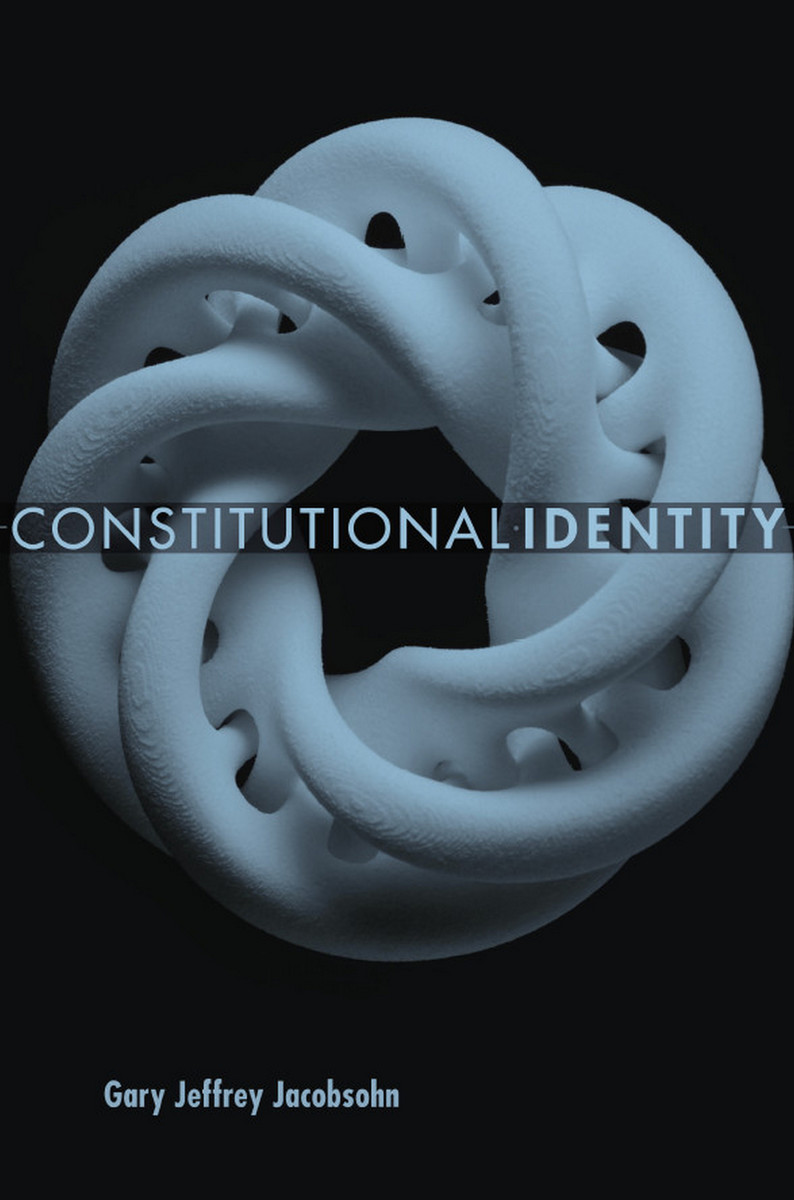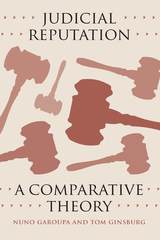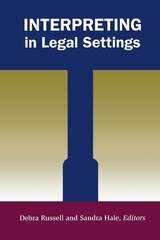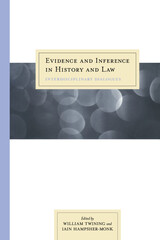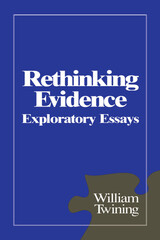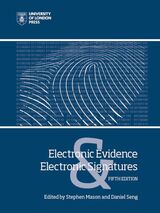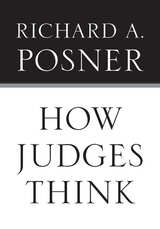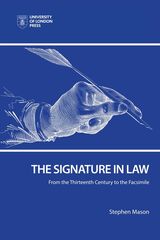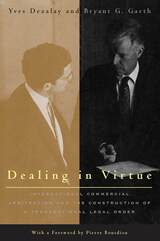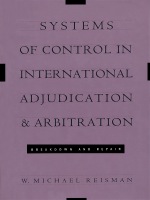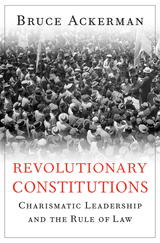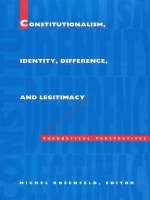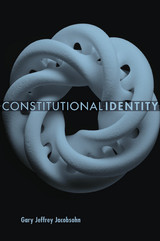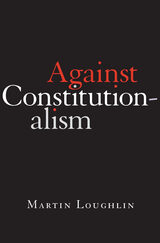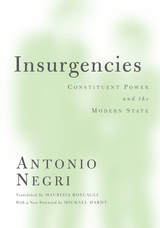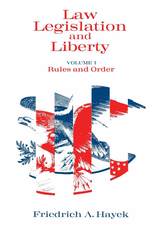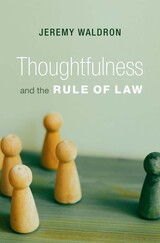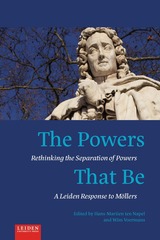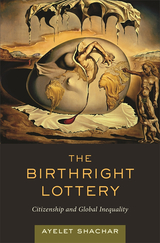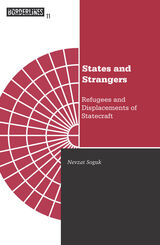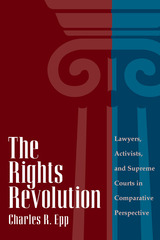eISBN: 978-0-674-05939-9 | Cloth: 978-0-674-04766-2
Library of Congress Classification K3165.J333 2010
Dewey Decimal Classification 342.02
In Constitutional Identity, Gary Jeffrey Jacobsohn argues that a constitution acquires an identity through experience—from a mix of the political aspirations and commitments that express a nation’s past and the desire to transcend that past. It is changeable but resistant to its own destruction, and manifests itself in various ways, as Jacobsohn shows in examples as far flung as India, Ireland, Israel, and the United States.
Jacobsohn argues that the presence of disharmony—both the tensions within a constitutional order and those that exist between a constitutional document and the society it seeks to regulate—is critical to understanding the theory and dynamics of constitutional identity. He explores constitutional identity’s great practical importance for some of constitutionalism’s most vexing questions: Is an unconstitutional constitution possible? Is the judicial practice of using foreign sources to resolve domestic legal disputes a threat to vital constitutional interests? How are the competing demands of transformation and preservation in constitutional evolution to be balanced?
See other books on: Constitutional | Constitutional law | Constitutions | Foreign influences | Law
See other titles from Harvard University Press
